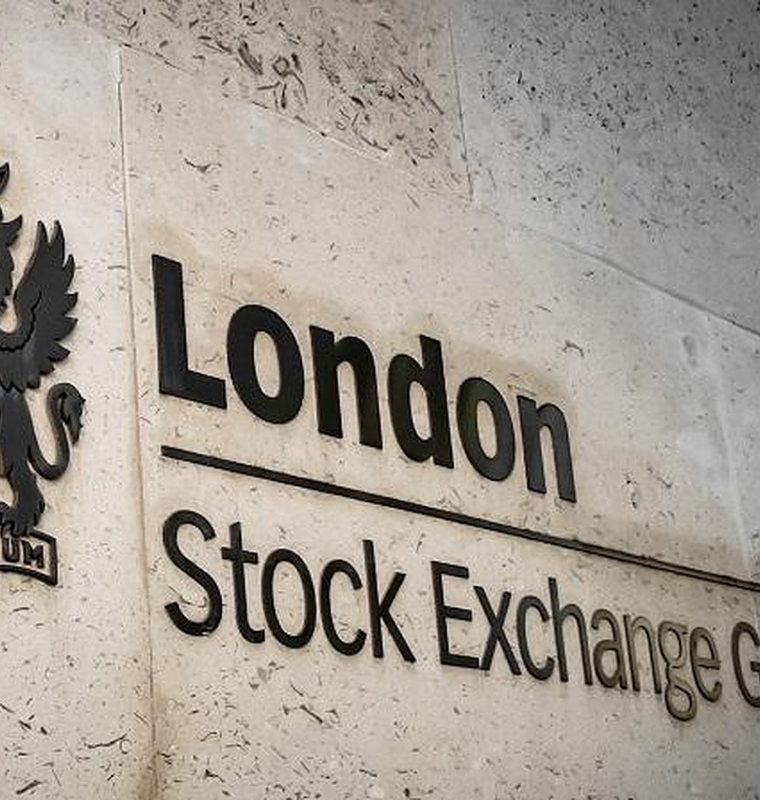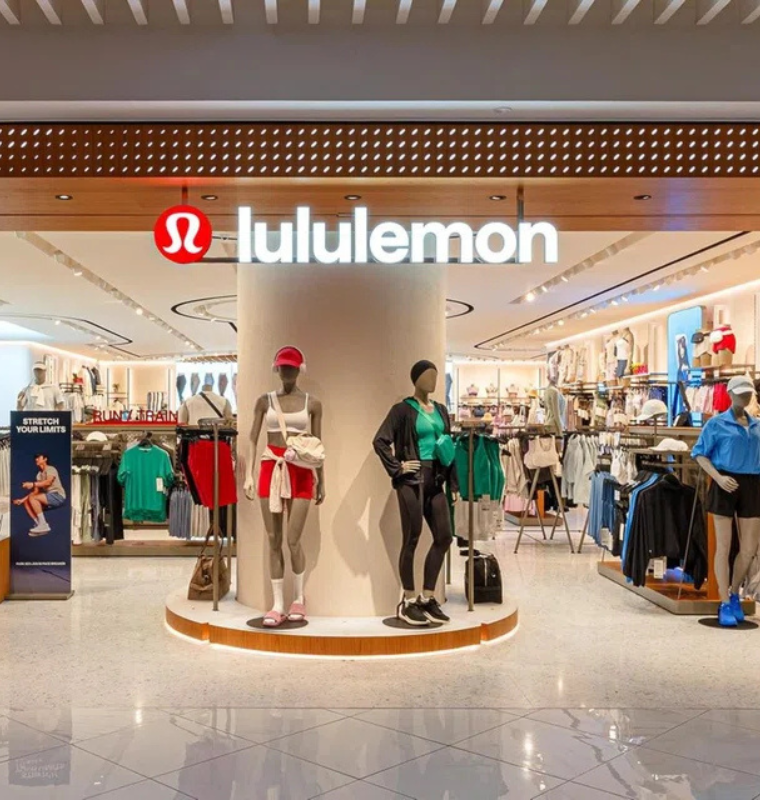Deutsche Bank Warns of Historic Market Turbulence Amid Trump Tariff Fallout
Deutsche Bank Warns of Historic Market Turbulence Amid Trump Tariff Fallout
By
David Goldfarb
Last updated:
April 14, 2025
First Published:
August 3, 2025

Source: France 24
The financial markets have just endured one of the wildest rollercoaster rides in modern history, according to a detailed analysis released by Deutsche Bank strategists Henry Allen and Jim Reid. Triggered largely by President Donald Trump's aggressive tariff policies targeting China, this period has witnessed some of the sharpest swings in major indices and bond yields since the early 2000s — and in some cases, since the 1990s.
A Period of Unprecedented Market Chaos
Deutsche Bank’s report, published Sunday, highlights how the turbulence ignited on April 2 has escalated into what the strategists describe as “one of the most tumultuous periods in living memory.” Since then, the S&P 500 has recorded a series of violent moves, including:
- Its worst single-day drop since the COVID-19 panic in March 2020.
- Its biggest one-day rally since the 2008 Global Financial Crisis.
This whiplash in equity markets reflects not only investor uncertainty over trade policy but also the deep impact tariff decisions are having on corporate earnings outlooks, global supply chains, and geopolitical stability.
European Markets Feeling the Heat Too
While the U.S. has been at the epicenter of the volatility, Europe hasn’t been spared. Swiss stocks have taken a particularly heavy hit, with the Swiss Market Index (SMI) plunging 10.4% in local currency terms over the past few weeks. Investors have been pulling out of Swiss equities amid fears of retaliatory tariffs and declining exports.
Other European indices such as the DAX in Germany and CAC 40 in France have also faced weekly losses of 4-7%, exacerbated by reduced investor appetite for risk in the face of escalating U.S.-China tensions.
Bond Markets Flashing Alarming Signals
What makes this period even more unique is the bond market’s surprising reaction. Despite U.S. Treasuries often being viewed as a safe haven during crises, the 10-year Treasury yield has surged — posting its largest weekly jump since 2001. Typically, such yield spikes would indicate growing confidence in economic growth, but in this case, analysts attribute the rise to massive repositioning by investors confused by mixed signals from Washington.
Meanwhile, the yield spread between the U.S. 10-year Treasury and Germany’s 10-year Bund has widened by the largest margin in over three decades — not seen since German reunification in 1990. This suggests a major shift in investor preferences, with Germany’s bond increasingly being favored as a safer alternative amid the U.S.'s aggressive economic stance.
Tech, Trade, and Tumbling Confidence
Tariffs imposed on Chinese imports — some reaching 145% — have particularly hit the technology sector. Although certain exemptions were granted recently for products like smartphones, laptops, and semiconductor tools, these reliefs are temporary. President Trump emphasized they remain subject to existing “fentanyl tariffs,” and that new sector-specific levies under a Section 232 national security review are already being planned.
These inconsistent policy announcements have rattled tech giants such as Apple and Nvidia, whose stocks saw wild swings. Apple, for instance, had dropped over 11% in early April, only to rebound slightly after the tariff reprieve. But as Commerce Secretary Howard Lutnick noted, these are just "short-term adjustments," and more targeted restrictions could be announced within the next 60 days.
Investor Sentiment on the Brink
Analysts from Goldman Sachs and Morgan Stanley echo Deutsche Bank’s warnings, pointing out that VIX volatility index levels have reached their highest point since early 2022. Meanwhile, net outflows from global equity funds topped $8.7 billion last week alone, according to EPFR Global data.
Retail investors, too, are showing signs of distress. Platforms like Robinhood have reported a 25% drop in trading activity, while Google searches for "stock market crash" spiked by 340% in the past week.
A Call for Policy Stability and Clarity
Deutsche Bank concludes its report with a strong call for policymakers — particularly in the U.S. — to deliver clearer guidance and reduce policy volatility. "This level of uncertainty is unsustainable," the strategists noted, warning that if unpredictability continues, it may lead to a global contraction in investment, especially in sectors reliant on international trade and tech infrastructure.
Looking Ahead
With no signs of de-escalation in the U.S.-China tariff dispute and more trade actions potentially on the horizon, investors are bracing for further instability. As markets try to find footing, Deutsche Bank’s analysis serves as a stark reminder: confidence is the first casualty of confusion, and in today’s global economy, uncertainty spreads faster than tariffs.
Popular articles
Subscribe to unlock premium content
Gaming Gold Rush

Luxury on the Streets

The Secret Investment Market of Private Historical Artifacts

Gaming Gold Rush

Luxury on the Streets

Gaming Gold Rush









